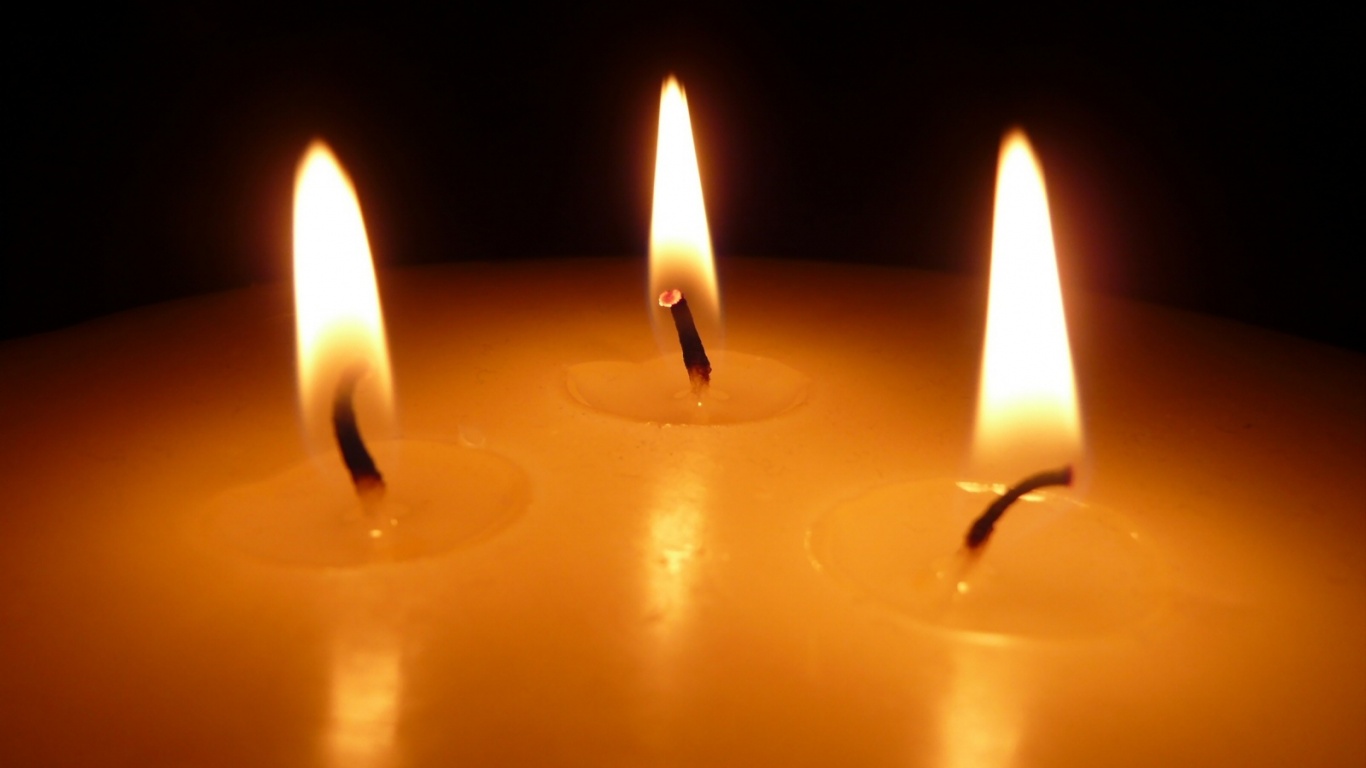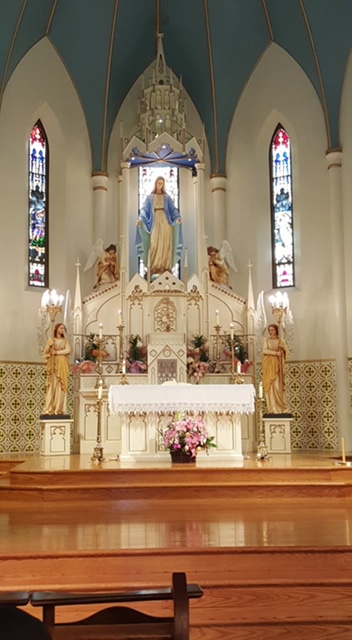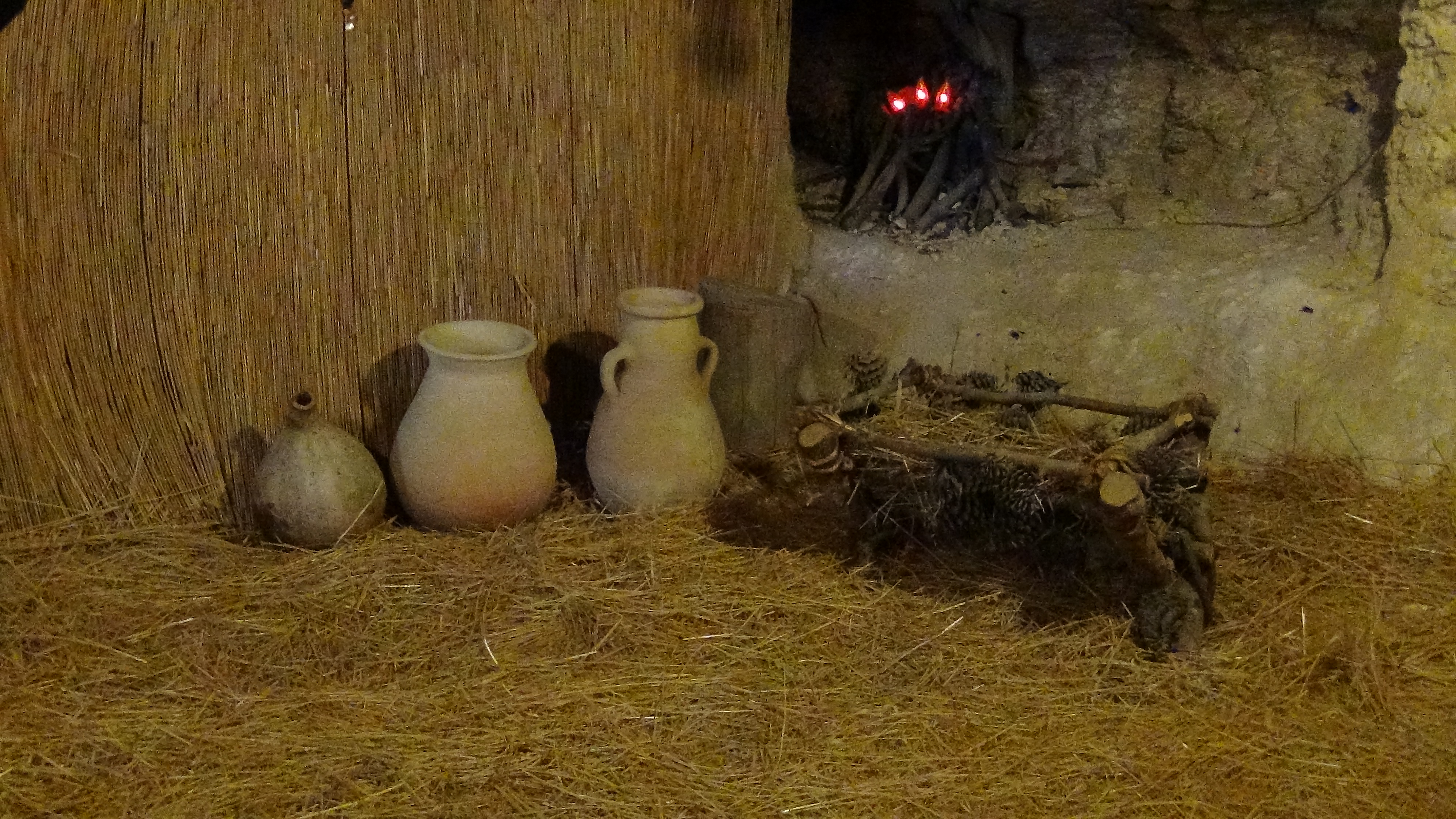Dt. 18:15-20; Ps. 95:1-2, 7-9; 1 Cor. 7:32-35; Mk. 1:21-28
“What is this? A new teaching with authority?” This is the Word made flesh who has come into the world, the anointed one, Jesus of Nazareth. This is the prophet like Moses when he said “the Lord, your God (will) raise up from among your own kin; to him you shall listen.” This is the time for repentance, conversion, and to hear his voice in our lives calling us into his kingdom.
Today Jesus is with us and we hear his voice in the proclamation of the Word, in the magisterium of the Church for “who hears you hears me” Jesus tells his disciples. What is this but the coming of the Kingdom of God among us ready to welcome the sinner, the poor, the suffering, the sick in body and soul. What is this but the power of God to bring healing, hope, joy, mercy, and salvation. This is the kingdom come that we pray for and is already in our midst.
What is this? It is more than a teaching it is the authority itself that commands and it is done. Jesus commands the unclean spirit to come out of a man and it is done. Even the unclean spirit recognizes “the Holy One of God”. It is the authority he gives his apostles to go and make disciples to the ends of the world. When we come to receive Jesus in the sacraments of the Church, we become not only heirs to the kingdom but also participants in his redemptive mission for the salvation of souls. This is a responsibility we carry to give witness and proclaim the gospel in the way we live, we love, and we worship the Lord.
Today, St. Paul in his letter to the Corinthians tries to give us some practical advice to decrease our anxiety. It is to live the celibate life. Marriage creates the stress of supporting a family in the world while being single allows for worries of only pleasing God. This practical advice was taken to heart by the Catholic Church in the call to the priesthood so that priestly vocation is a consecration to God without the stress of marriage. The same is true for women who enter religious vocation. It can also be true for single men who become deacons they no longer can marry. A layperson can choose to become a monk or friar and remain celibate as can a layperson who desires to serve God through their professional vocation.
Marriage is also a gift and calling to build up the kingdom of God in the domestic church of a home. It is a call to holiness in the sacramental vows of a man and a woman. Marriage is the blessing of the union as designed by God thus civil unions are not valid “marriages” for the church whether between a man and a woman or as in today’s environment between same sex couples. Those who choose to separate themselves from this teaching are not listening to the Word of God and the voice of Jesus. Many to stand by the Word of God are being persecuted by the will of the State, in courts, and by a culture of death. This is a time of trial and we are to prepare for the battle growing in our culture and even within the Church.
Who is this that speaks with authority and even the unclean spirits obey? This is our redeemer and our judge. How we choose to respond to his authority in obedience or by following our own way will determine how we come to face the king of glory on the day judgment in exultation or in misery. Now is the time of atonement for the hour is near and our days are numbered. Lord have mercy, Christ have mercy, Lord have mercy.








Recent Comments